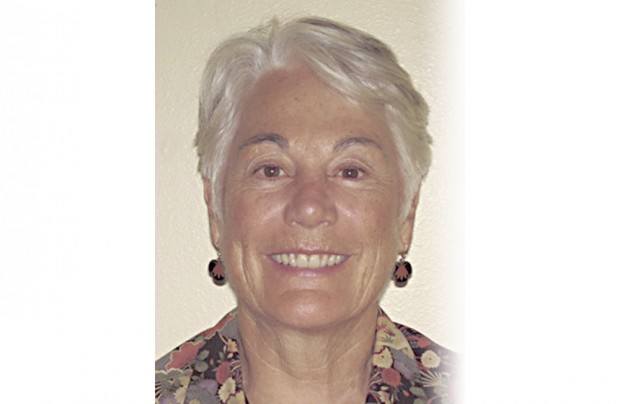Choosing a guardian for your children can be a very difficult decision to make, but it is an important decision that is well worth making. If you have not selected a guardian to care for your children in the event
Choosing a guardian for your children can be a very difficult decision to make, but it is an important decision that is well worth making. If you have not selected a guardian to care for your children in the event of your death, the court will make the decision for you. Most parents would rather have control over this very important — and very personal — decision.
There are many factors you should consider before choosing a guardian.
Financial situation
Will they be able to afford to provide for your children?
Lifestyle
Do you want a married couple or does it matter if the person is single, dating or widowed?
Parenting style
Does the person share the same parenting style as you?
Values
Does the person share the same values and morals as you?
Religion
Does it matter to you if the person has the same, different or no religion?
Housing
Does the person have the physical room to take on your child or children?
Children
Does the person have children of their own to care for and, if not, is there a possibility of children in the future?
Stability
Will naming this person guardian mean your children will have to move out of state, move to a different school or otherwise uproot their lives?
Once you decide who you would like to serve as guardian, discuss it with them to make sure they are willing. While most people will agree to act as guardian, some may not be comfortable with it. It is also important to have an alternate choice in case your first choice is unable, unwilling or found unfit by the court to serve as your children’s caretaker.
It is also important to keep in mind that if the child’s other biological parent is still alive at the time of your death, they will be named as guardian regardless of your choice. The only time the surviving parent will not be able to serve as guardian is if they are proven to be unfit, has legally abandoned the child or declines the appointment.
Proving the surviving parent is unfit can be particularly difficult unless there is a well-documented history of drug, alcohol or child abuse, or mental illness.
Non-biological parents do not have rights to guardianship if a biological parent is still living. This can create a difficult situation when parents are divorced and one parent may not want the other to be the guardian.
The only time non-biological parents have rights to guardianship is if they have adopted the child. Adoptive parents have the same guardianship rights as biological parents.
In Hawai‘i, you can name a guardian through a will. The court is not required to uphold the deceased parent’s choice of guardian. If the court finds the guardian unfit or unable to provide for the child, the court can name a different person to act as guardian.
However, so long as the person named is qualified and it will not be harmful to the child, the court will uphold the parent’s designation.
Deciding who to name as guardian of your children is an important step to take to provide for their well being in case there comes a time when you cannot.
• Karen Baldwin received a doctor of jurisprudence from University of Denver College of Law in 1970. Her practice is limited to wills, trusts, probate and asset protection. You can contact her at 826-7888 or email questions or comments to kbaldwinattny@hotmail.com. This column is for general information only. Your individual circumstances may change the advice given. Consult an estate planning attorney to discuss your specific needs.


